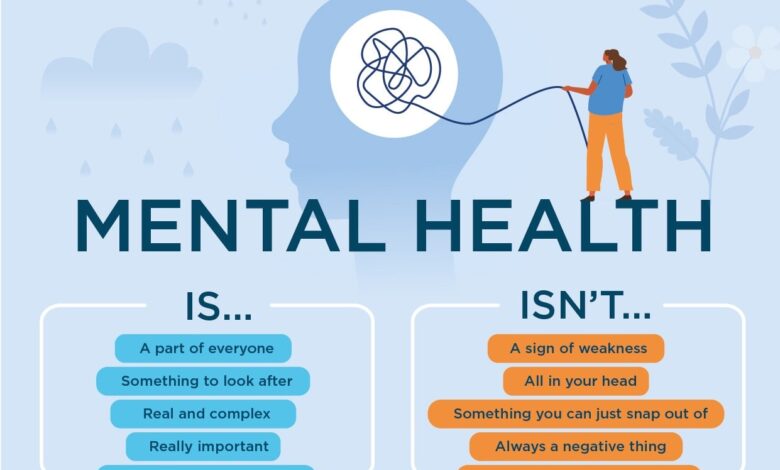How Mental Health EMR Can Improve Patient Care and Outcomes

The pandemic has put significant pressure on specialist mental health services. Specialists have received a record number of referrals and are struggling to provide the care that people need. A robust behavioral EMR can help to ease the strain on resources and improve patient care. However, mental healthcare practitioners must ensure that their system implementation focuses on the continuous and embedded evaluation of long-term impacts on patients, clinicians and organizations.
Enhanced Patient-Clinician Relationship
A specialized EMR allows a psychiatrist or therapist to keep track of their client’s medication, health history, and treatment plans. A robust behavioral health EMR can also send appointment reminders (in person or via teletherapy), schedule prescription refills, and more. Behavioral health EMRs can help improve patient-clinician relationships by allowing clients to see their progress through a secure patient portal and automating safeguards for potential drug interactions. This can help ease the stigma surrounding mental illness and increase appointment adherence, especially when the appointments are made online. The availability of evidence on implementation determinants and outcomes for EMRs in mental health settings is limited. However, clinicians need to understand how these factors may impact EMR uptake. This can aid future investment, design, and implementation of EMRs in mental health settings.
Improved Patient Safety
EMR systems can help improve patient safety by providing a more comprehensive picture of the client’s clinical status. This allows clinicians to make more informed decisions and ensure patients receive the most effective treatment possible.
A mental health EMR can also help to improve communication across care teams. This is especially important for mental health practitioners, where a lack of coordination can result in missed appointments and delays in service. The fusion of EMR and telehealth can create a powerful tool that supports integrated care for people with mental illness. A scoping review of EMRs in mental health settings found that clinicians perceived them as appropriate and acceptable if they improved documentation completeness without interrupting workflow. However, studies examining cost, fidelity, penetration and sustainability were few.
Increased Efficiency
While EMRs have increased use across healthcare facilities, research on their impact on mental health settings is limited. This is likely because mental health documentation requires individualized, detailed, and narrative information that cannot be reduced to checkboxes. Moreover, mental health care is typically long-term and multidisciplinary. Fortunately, mental health EHRs are designed with mobile optimization, giving staff easy access to patient information on their phones, tablets, and laptops. They also allow mental health professionals to document patient notes and updates in the field, even outside normal working hours. Additionally, EMRs can easily integrate with customer relationship management (CRM) systems, practice management software, and telehealth applications. This helps streamline administrative and clinical workflows within a facility.
Increased Patient Satisfaction
A specialized EMR allows a therapist or psychiatrist to set up templates for clients based on their diagnosis, which saves time during each encounter. It also automatically populates client problem lists, patient education and web links to help educate patients on their specific condition and treatment plan. In addition, some mental health EMRs offer tools to help with e-prescribing medication. A therapist can easily find the right medicine for each patient using a device that pulls data from the eMC and suggests potential prescription options. Some psychiatry EMR software even includes alerts to help develop safety plans for people with suicidal ideations or to initiate an e-consultation pathway prompt linking primary health providers with a psychiatrist. These features can improve mentally ill patients’ quality of care and outcomes.
Enhanced Data Collection
Mental health EMRs provide tools that allow mental healthcare practitioners to collect and analyze data easily. This can help improve client outcomes and overall satisfaction. Additionally, specialized EMR software can reduce the paperwork needed to be completed. This can save valuable staff time and resources that would be spent on manually entering the same information over again. Mental health documentation requires recording individualized, detailed, and narrative information that cannot be reduced to checklists. It is, therefore, critical to understand the implementation determinants of EMRs in mental health settings and clinician perceptions of appropriateness. This will inform future design, implementation, and local policy recommendations. Likewise, embedding evaluations in the implementation process will help to explore long-term impacts on organizations, clinicians, and patients.



